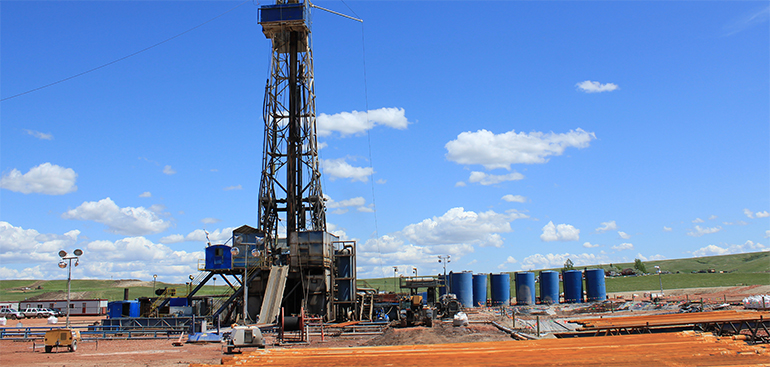
Estimating the Future Supply of Shale Oil: A Bakken Case Study
How much shale oil do we have left? And how much of that can be recovered economically? A new estimation technique suggests that, in the Bakken play, roughly 8 billion barrels of the remaining shale oil resources could be developed at a cost of $50/barrel.
SEE FULL ARTICLE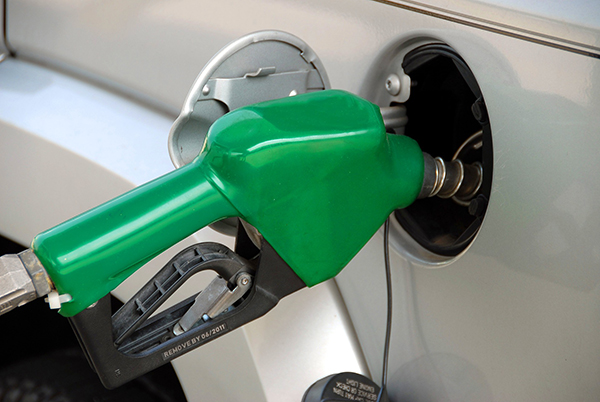
Are Fuel Economy Standards Regressive?
The Corporate Average Fuel Economy (CAFE) program was introduced in 1975 with the objective of reducing gasoline consumption. Under CAFE, automakers are required to meet a minimum sales-weighted average fuel economy for their vehicle fleets. Fuel economy standards impose costs, but who bears those costs?
SEE FULL ARTICLE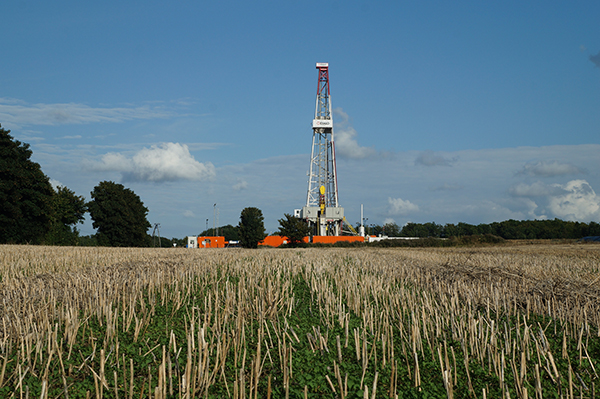
Study Shows Hydraulic Fracturing Boosts Local Economies
As hydraulic fracturing, or fracing, is poised to play an even more important role in the nation’s energy system in coming years, how can benefits at the national scale—such as lower energy prices, enhanced energy security, and lower air pollution and greenhouse gas emissions—be weighed against concerns that negative health and social impacts outweigh the economic benefits for local communities where drilling takes place?
SEE FULL ARTICLE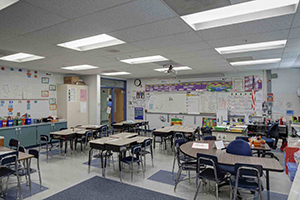
E2e Project Update: Evaluating Energy Efficiency Upgrades to K-12 Public Schools in California
A new working paper by Fiona Burlig, Christopher Knittel, David Rapson, Mar Reguant and Catherine Wolfram1 studies the cost-effectiveness of energy efficiency investments in over 2,000 K-12 California public schools served by the Pacific Gas and Electric Company (PG&E).
SEE FULL ARTICLE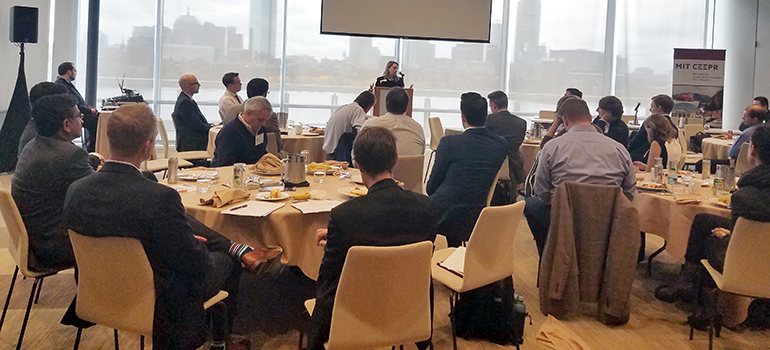
Transatlantic Perspectives on Energy Storage: Technology, Policy and Finance
Energy storage will play a critical role in enabling the transition to low-carbon electricity systems, providing capacity, energy, and ancillary benefits to help secure a stable and reliable power supply. But even as the technology horizon evolves, the value of different storage technologies remains uncertain.
SEE FULL ARTICLELower Oil Prices and the U.S. Economy: Is This Time Different?
Between June 2014 and March 2016, the inflation-adjusted price of oil dropped by 66%, yet average U.S. economic growth accelerated only slightly from 1.8% at annual rates before the oil price decline to 2.2% thereafter. The fact that this decline in the price of oil failed to translate into faster U.S. economic growth has puzzled many observers who expected a boom in the U.S. economy.
SEE FULL ARTICLE
Subscribe To Our Newsletter
Subscribe now and check outour Past newsletters


